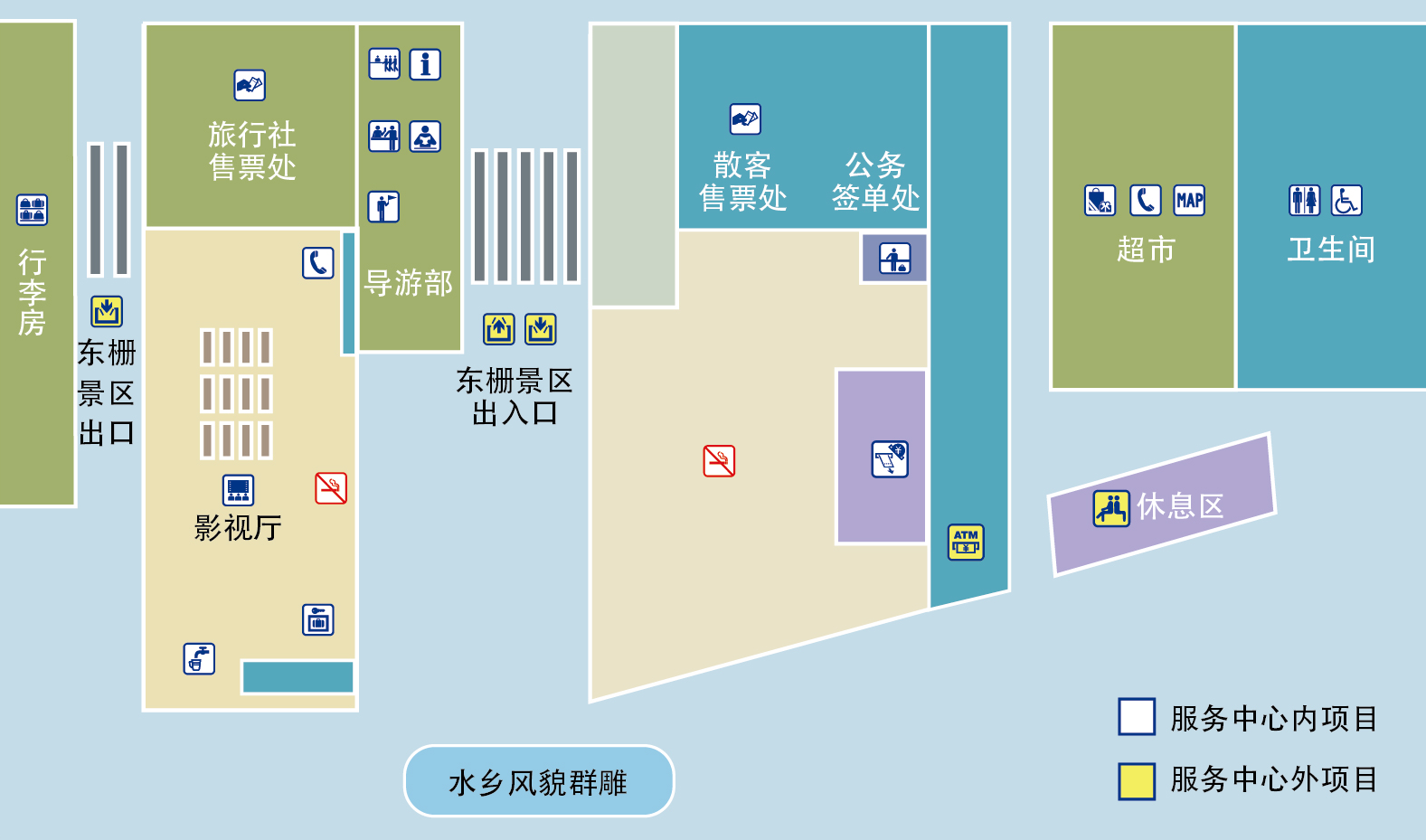

A senior member of the Chinese news industry, named Zhen, style name: Zi Cai, also known literally as Zhi Wo, Binfang Guanzhu, Lao Zu, and Wan Jing. He was the nephew of Yan Chen (member of the Imperial Academy) during the Xianfeng period of the Qing Dynasty. He was born on October 3, 1889, at the old residence of Yanchen Hanlindi in North Gate, Wuzhen. “Duhe” is a pen name because his first wife, Lu Shi, suffered from a postpartum illness and was unable to cure it that he felt lonely. After the pen name spread all over the world, few people knew its original name. He was one of the influential editors in the history of modern journalism, having edited the famous supplement of the News Daily 30 years.
Yan Duhe studied at the Shanghai Manufacturing Bureau Military School and the Guangzhou Dialect Museum when he was young. After graduation, he held a teaching position for several years before joining Shanghai Zhonghua Book Company as an editor. Soon after, he joined the World Bookstore to edit English books and magazines, and later applied for the position of News Daily and was responsible for editing the supplement. He renamed the original supplement Zhuangxie Record to Joyful Forest and later changed it to New Garden. He often invited some well-known figures to write articles for the supplement, and he wrote a "conversation" (signed as Du He) every day. Although it has only a short four or five hundred characters, he often criticized the current situation, and the darkness of society, which was welcomed by readers. At that time, the editor in chief of the supplement Free Talk of Shun Pao was Zhou Lejuan, and both supplements were very distinctive and almost equal in match. People praised them as "one cuckoo and one crane".
In the memories of Yan Duhe's grandson Zhu Xiaofeng, Yan Duhe was the teacher of many famous people. His students include Zhang Xueliang, Zhang Henshui, and Qin Shouou, and Chiang Kai-shek once made Chiang Ching-kuo acknowledge him as his teacher. The most joyful event of Yan Duhe in the news newspaper was the publication of Zhang Henshui's Fate in Tears and Laughter in the magazine Joyful Forest since 1929. As soon as the novel was published, Zhang Henshui became famous all over the world and became a well-known writer among women and children in both the north and south, which is also very rare in the history of modern literature. Gu Mingdao's Wild River Woman was also a best-selling novel in the 1920s and 1930s, and was initially published in the supplement New Garden edited by Yan Duhe. Mr. Yan Duhe's family, young and old, are all opera fans. Xun Huisheng, one of the four famous performers of Peking Opera, once said, 'Without Yan Duhe, there would be no me, Xun Huisheng.'.
Before the Anti Japanese War, the News Daily also published the News Evening, and the supplement Night Sound was also edited by Yan Duhe, who had already been promoted to deputy editor in chief. He often interacts with progressive figures in the literary and artistic world, such as Guo Moruo, Tian Han, Hong Shen, Xu Guangping, Yuan Xuefen, An E, etc., and many of the manuscripts are provided by them. He also held film workshops with Hong Shen and others, and the star Hu Die also received his education.
During his more than 30 years as the editor in chief of the supplement, tragic epics such as the Northern Expedition, the Anti Japanese War, and the War of Liberation were constantly staged on the historical stage. Although he did not stand in the center of the stage, he always supported the side representing progress with just words. He utilized the power of public opinion to expose the enemy's wrongdoing and call on the people to awaken and fight resolutely against the evil forces.
The more than 30 years that he edited the supplement is also an important period for China's journalism to mature from the beginning. Therefore, his hard work and successful experience are undoubtedly valuable wealth. He left nearly 10,000 newspaper supplements and a Collection of Yan Duhe's Novels. The supplements Happy Forest and New Garden edited by him are one of the influential supplements in China's news history, and their basic patterns still have reference significance today.
In the spring of 1948, Yan Duhe and the wife Lu Yunyu returned to their hometown to visit her grave and relatives, and re-entered the old family of Wuzhen Hanlindi, where they received relatives and friends they hadn't seen for many years. When he saw Zhicai Primary School in Wuzhen destroyed by war, he generously donated money to help it recover. In the town, he also introduced the dynamics of Shanghai women's circles to some local progressives, which shows that Mr. Yan's thoughts are always in the forefront of the times.
After the founding of New China, Yan Duhe served as the editorial consultant of Liberation Daily, the deputy director of Shanghai Press Union Library and Shanghai Library, and attended the Second National Literary Congress. As a cultural celebrity, he has served as a representative of the first to fifth Shanghai People's Congress and a member of the third and fourth Chinese People's Political Consultative Conference. During the ten-year catastrophe, he failed to escape bad luck and died in 1968, so poor that he was almost unable to be buried.
However, his hometown has not forgotten him. On May 5, 1990, Yan Duhe Library was established in his hometown and opened to the outside world. Su Buqing, a famous scientist, inscribed the name of the library, and Gu Yanlong, an old curator and scholar of Shanghai Library, also inscribed a plaque for the reading room in the library.
Mr. Yan is the author of the novel Dreams of People Sea, A Collection of Yan Duhe's Novels and several screenplays.
Keyword:

